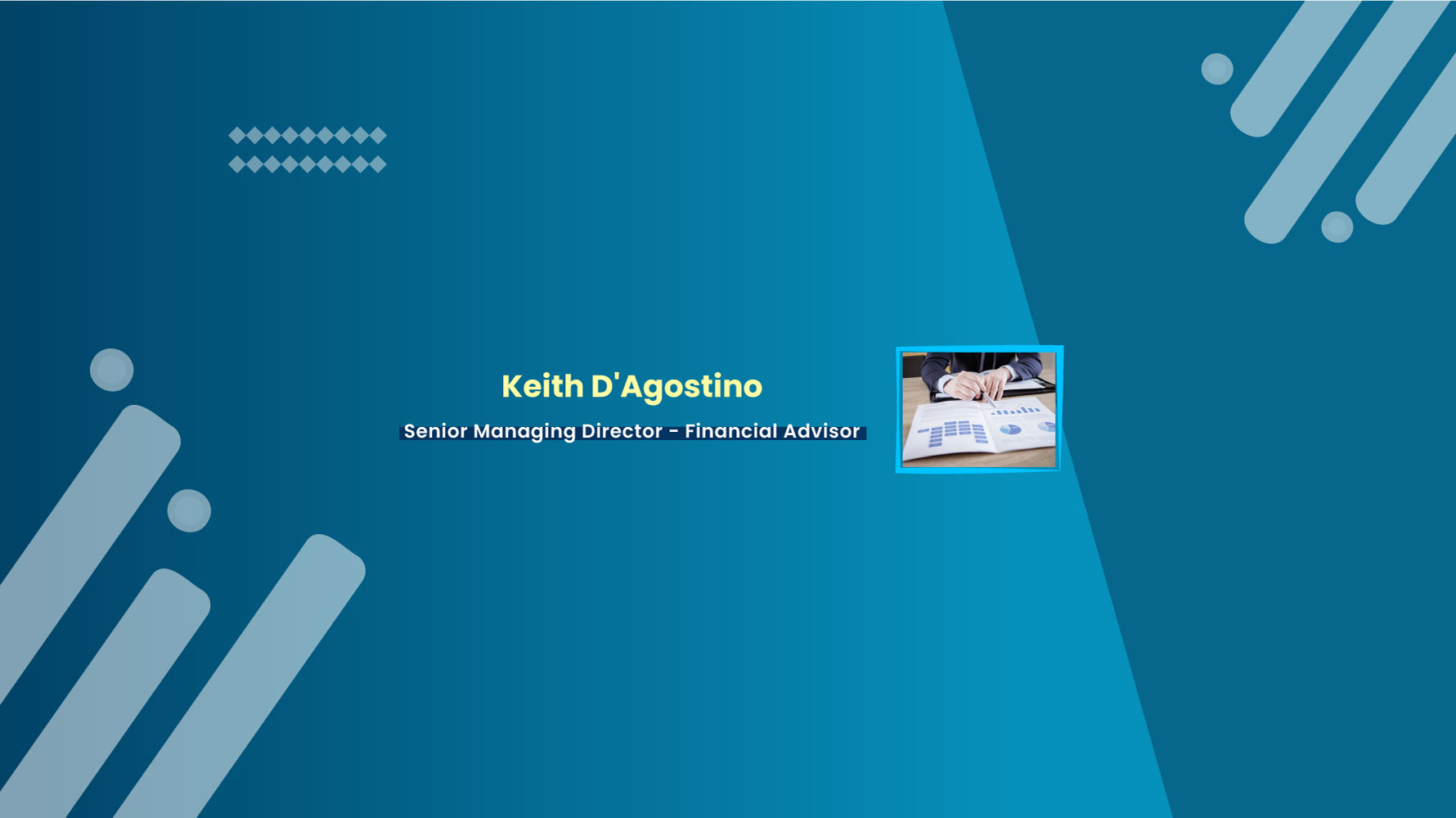
Financial advisors play a crucial role in helping individuals and families navigate the complex world of finance. Whether planning for retirement, managing investments, or simply looking to improve your financial situation, finding the right advisor can make a significant difference. However, with countless options, selecting the perfect financial advisor can be overwhelming. Here are essential tips to help you make the right choice:
Define Your Financial Goals
Before you start searching for a financial advisor, it’s essential to have a clear understanding of your financial goals. Are you looking to save for retirement, pay off debt, invest in your child’s education, or achieve a specific financial milestone? Defining your objectives will help you find an advisor with the expertise and specialization aligned with your needs.
Understand the Types of Advisors
Financial advisors come in various forms, each with distinct qualifications and services. The primary types include:
Certified Financial Planner (CFP): CFPs are trained to provide comprehensive financial planning services, including retirement planning, estate planning, and investment management.
Registered Investment Advisor (RIA): RIAs focus on managing investments and must adhere to a fiduciary standard, putting your interests above their own.
Insurance Agents: These advisors specialize in insurance products like life, health, and property insurance.
Brokers: Brokers primarily buy and sell securities on your behalf but may not have the same fiduciary duty as RIAs.
Robo-Advisors: These automated platforms provide algorithm-driven investment management, often with lower fees.
Understanding these distinctions will help you narrow your options and find an advisor suited to your financial needs.
Verify Credentials and Qualifications
Once you’ve identified the type of advisor you need, verifying their credentials and qualifications is essential. Look for certifications such as Certified Financial Planner (CFP), Chartered Financial Analyst (CFA), or Certified Public Accountant (CPA). These designations demonstrate that the advisor has met rigorous educational and ethical standards. Additionally, check if the advisor is registered with the appropriate regulatory authorities and has a clean disciplinary history.
Assess the Advisor’s Experience
Experience is a critical factor when choosing a financial advisor. A seasoned advisor will likely encounter a wide range of financial scenarios and can provide valuable insights into navigating complex situations. While newer advisors may be talented, they may have a different depth of knowledge and experience.
During your research, please inquire about the advisor’s years in the industry, the types of clients they have worked with, and their track record of achieving client goals. Request references or client testimonials to understand their expertise and performance better.
Evaluate the Advisor’s Compensation Structure
Understanding how your financial advisor is compensated is vital to ensure transparency and align interests. Advisors typically charge fees in one of three ways:
Fee-Only: These advisors charge a fixed fee or a percentage of assets under management (AUM). They don’t earn commissions or incentives from financial products, reducing potential conflicts of interest.
Commission-Based: Advisors in this category earn commissions for selling financial products like insurance policies or investment products. Be cautious, as these advisors may be incentivized to recommend products that benefit them financially.
Fee-Based: Fee-based advisors charge fees for their services but may also earn commissions on certain products. This hybrid model requires scrutiny to ensure the advisor’s recommendations are in your best interest.
Assess Communication and Compatibility
Effective communication is critical to a successful advisor-client relationship. Evaluate how well the advisor listens to your concerns and communicates their recommendations. Ensure that they explain complex financial concepts in an easily understandable way. Additionally, consider your compatibility with the advisor’s personality and working style. A strong rapport can make your financial journey more comfortable and productive.
Review the Services Offered
Financial advisors offer various services, from comprehensive financial planning to specific investment management. Ensure the advisor you choose provides the services that align with your financial goals. Discuss your expectations and ensure they can meet them.
Check for a Fiduciary Duty
Ideally, it would help if you chose an advisor with a fiduciary duty to always act in your best interest. This commitment ensures that the advisor’s recommendations are made with your financial well-being as the top priority. Registered Investment Advisors (RIAs) are bound by a fiduciary duty, which can provide an added layer of confidence in your relationship.
Research Their Investment Philosophy
If you seek investment advice, understand the advisor’s investment philosophy and approach. Discuss your risk tolerance, investment goals, and time horizon to ensure their strategy aligns with your needs. It’s crucial to have confidence in their investment decisions and strategies.
Conduct Interviews
Finally, don’t hesitate to interview multiple advisors before making your decision. Ask questions about their approach, fees, past performance, and how they handle different financial scenarios. This process will help gauge their expertise, ethics, and compatibility with your financial objectives.
Choosing the right financial advisor is a significant decision that can profoundly impact your financial well-being. Take the time to define your goals, research different types of advisors, and evaluate their qualifications, experience, compensation structure, and communication skills. By following these essential tips, you can make a well-informed choice and set yourself on the path toward achieving your financial aspirations.